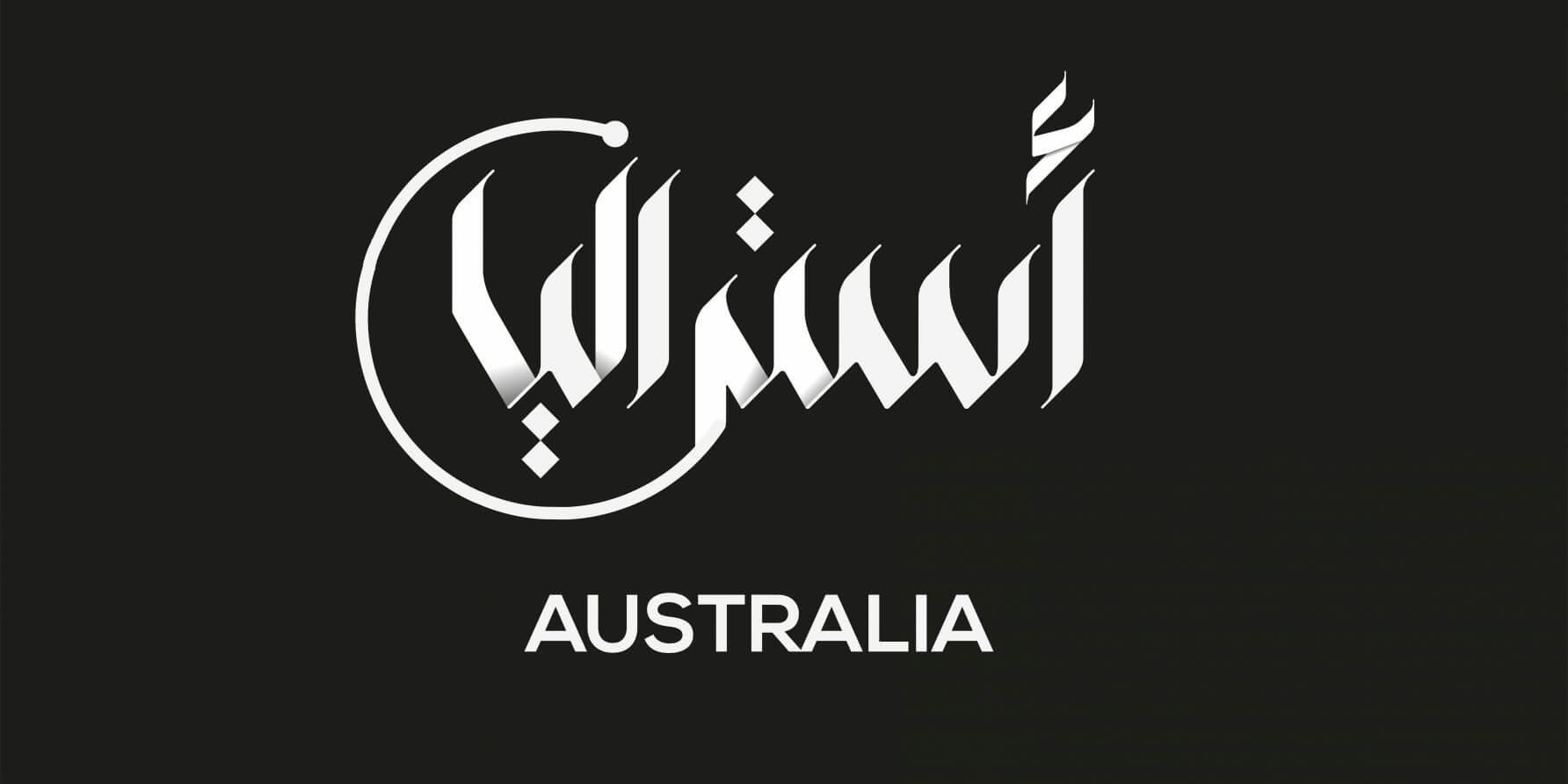Australia's first retail Islamic bank receives restricted licence
Australia’s first-ever retail Islamic bank is hoping to launch towards the end of 2023 or early 2024 after receiving its preliminary banking licence earlier this week.
London: Islamic Bank Australia (formerly IBA) received its Restricted Authorised Deposit-taking Institution (Restricted ADI) licence from the Australian Prudential Regulation Authority (APRA) on Tuesday (5 July).
The Restricted ADI has specific criteria such as only accepting up to AUS$2million ($1.35 million) in deposits and is a precursor to a fully-fledged ADI licence where an institution can accept deposits and be involved in retail banking activities.
The Restricted ADI licence period can last up to two years and will enable Islamic Bank Australia to build systems, implement processes and test products with a small number of customers in 2023.
Dean Gillespie, CEO of Islamic Bank Australia, hopes that after a six to nine month period in 2023, APRA will grant a full banking licence towards the end of 2023 or in early 2024. Upon receiving the licence, the bank will open to the general public.
In the meantime, Islamic Bank Australia will be 100% digital and will offer products including Sharia-compliant deposits, savings and home financing to a group of 50 selected customers during the first half of 2023. It will then expand into business banking after obtaining its full licence.
To maintain competitiveness, Gillespie said that from a price perspective, they will look to be comparable to conventional banks and other providers.
“As a fully-fledged bank, we can raise deposits and we will be able to access interbank funding which should level the funding playing field,” he told Salaam Gateway. “It will be the first time an Islamic bank in Australia has ever been able to do that.”
Together with the original founders consisting of 13 Muslims who wanted to bring Islamic banking to Australia, the bank’s other major shareholder is Abreco Group, a UAE-based firm.
Gillespie revealed that the bank plans to tap foreign investors to support the platform’s offering.
“In addition to our existing shareholders, we are looking to raise around AUS$20 million ($13.5 million) of equity financing from Islamic financial institutions and other Islamic investors across the world to give them exposure to the Australian market,” he said.
Growing but underserved Muslim population
Islamic Bank Australia’s timing comes as the country’s Muslim population officially increased from 2.6% in 2016 to 3.2% in 2021, according to the latest census statistics. The digital offering is set to be further boosted thanks to the increase in Australia’s millennial population from 20.4% in 2011 to 21.5 % in 2021. The total population is estimated to be around 26 million.
Despite a growing and young Muslim population, there are no fully fledged Islamic banks in Australia. Efforts to address this, however, have started to gain momentum over the past few years.
For example, in September 2020 Islamic Bank Australia began its formal journey to obtain a banking licence. Similarly, Hejaz, a Melbourne-based non-bank financial institution (NBFI), offering Sharia-compliant services and products, began talks last year with APRA to obtain its own banking licence.
Aside from banking, there are also well-established NBFIs like Crescent Wealth and MCCA, and Amanah and Islamic Co-Operate Finance Australia Ltd offering Sharia-compliant products and services. Adding to this, incumbent conventional banks like National Australia Bank (NAB) also offer some Sharia-compliant services.
On the whole practitioners welcomed the news of Islamic Bank Australia’s arrival in the domestic banking market.
“It's a good idea for sure and there is definitely an opportunity but financial education amongst the young will be one of the key factors in success. And this is a systemic problem which Islamic Bank Australia will have their work cut out in reaching its target audience,” said Scott Levy, CEO of London-based Bedford Row Capital. “But a good committed team with international experience is a good sign.”
Gillespie said that a key challenge will be to continuing to educate customers about understanding Islamic financial products structures like Murabaha and Mudaraba.
Defining the proposition
Dr Sayd Farook, Senior Partner at DinarStandard (parent company of Salaam Gateway) said although Islamic Bank Australia’s persistence to seek a full ADI licence is commendable, he questioned whether heavily focusing on deposits is a viable business model.
“Based on experiments in the UK, there is not enough of a sizeable mass of customers [in Australia] for a strong deposit base and very little margin to be made from deposit products (liabilities side),” he said.
Farook suggested that the founders should focus on chipping away at smaller slices of the lucrative financing market where there are stronger margins to be made like residential financing, and business and asset finance.
“The support for a fairly strong residential finance business is already there and it appears there is a groundswell of growing interest for business and asset finance developing more recently, as Muslim entrepreneurs develop successful SMEs,” he explained.
|
Read - 10 years on: What’s next for the global Islamic economy? by Dr Sayd Farook |
One Islamic finance practitioner also pointed that the recent failure of Volt Bank, an Australian digital challenger bank, which closed down last month after it failed to raise sufficient funds to support its business.
“Volt fell over because they couldn’t raise the capital,” said the sector insider, requesting anonymity. “It’s just a bad market to raise financing and even harder from the GCC [side] because they are inward looking at the moment.”
Nonetheless, Gillespie said that his organisation is different both in terms of proposition and target customers.
“We are completely different to Volt and other neobanks in terms of proposition. We are offering an Islamic banking service for the very first time in Australia, so it’s a segment-segment based proposition powered by a growing Islamic market,” he said. “Until recently, Muslim Australians did not have any choice for Sharia-compliant products.”
© SalaamGateway.com 2022. All Rights Reserved
